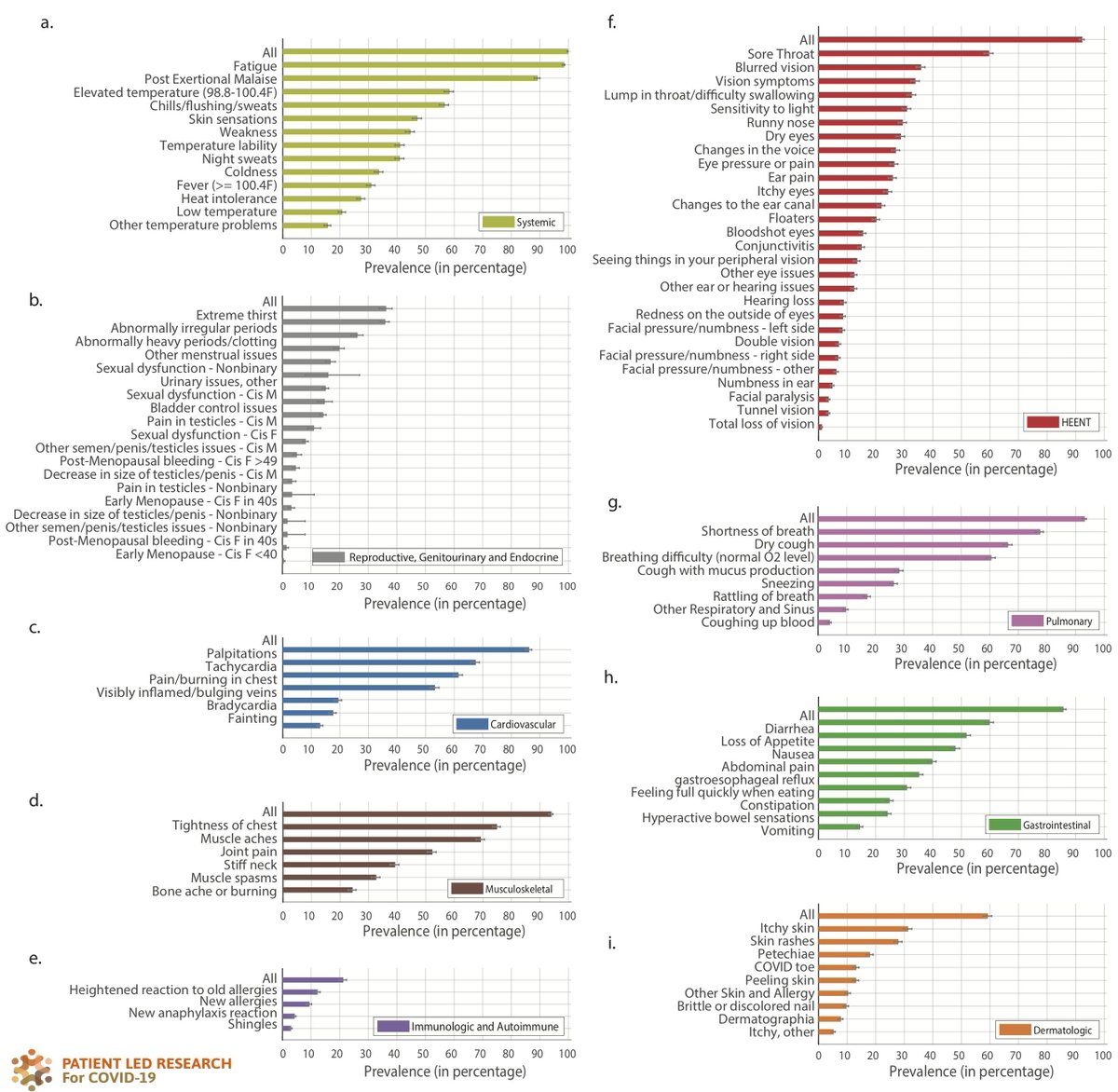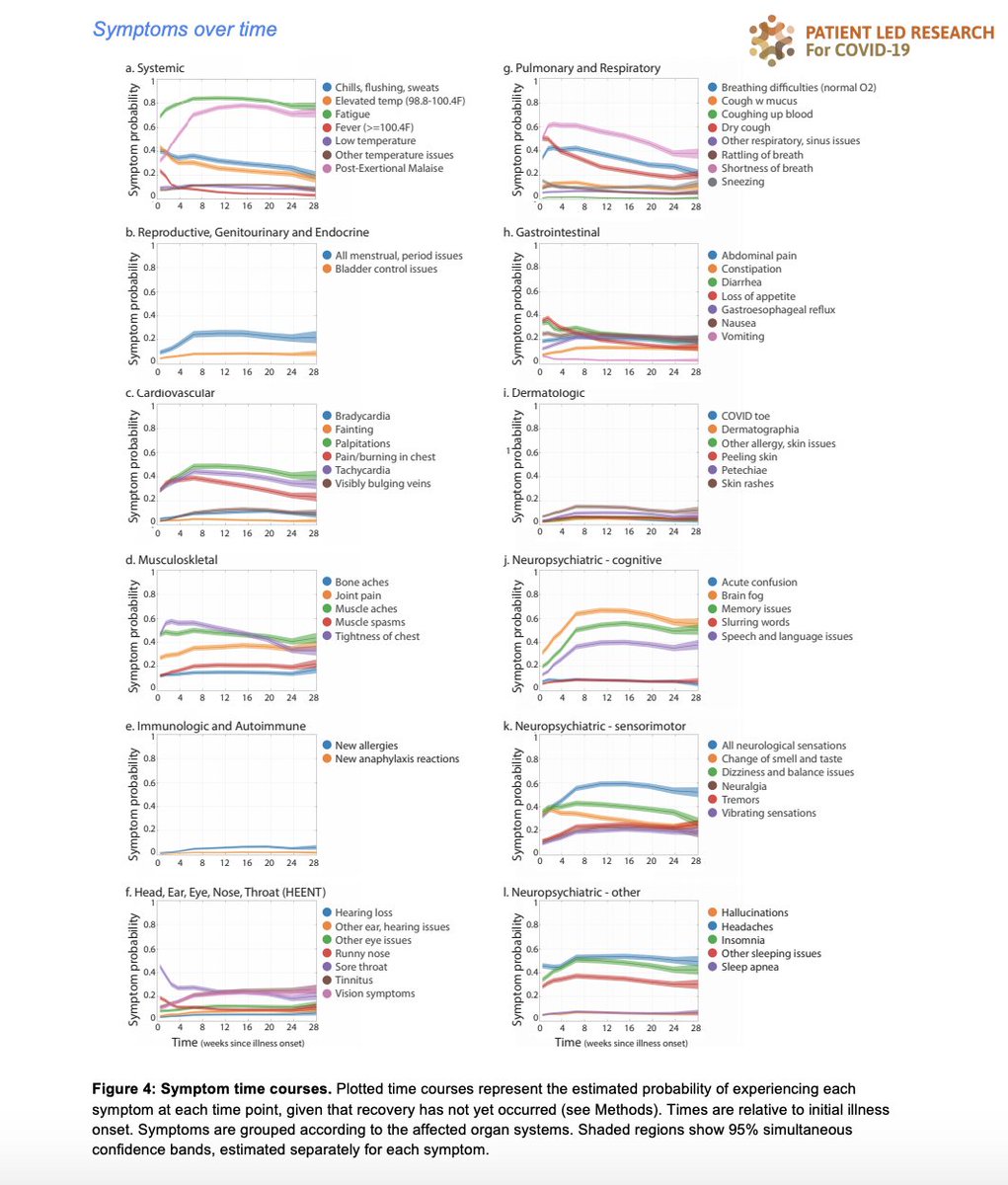
Everyone and especially #LongCOVID folks - this is an exceptional article by @jameshamblin about the link between COVID & sleep. I didn't start getting better at all until I was able to sleep again, ~4 months in. I strongly suggest prioritizing it. 1/
theatlantic.com/health/archive…
theatlantic.com/health/archive…
It's not mentioned in here, but the glymphatic system of the brain is what clears waste and toxins from the central nervous system, and happens primarily during sleep. A faulty drainage system seems to be one theory behind post-viral illnesses. 2/
ncbi.nlm.nih.gov/pmc/articles/P…
ncbi.nlm.nih.gov/pmc/articles/P…
Impaired glymphatic function has also been linked to Alzheimer's. Here's a paper that gives more detail on "cleaning the sleeping brain" 3/
sciencedirect.com/science/articl…
sciencedirect.com/science/articl…
If you're a #LongCovid patient or #longhaulers, I really recommend prioritizing sleep as best you can, especially if you're having insomnia - use rotating supplements that are doctor-approved (melatonin seems to be a good one). 4/
• • •
Missing some Tweet in this thread? You can try to
force a refresh





